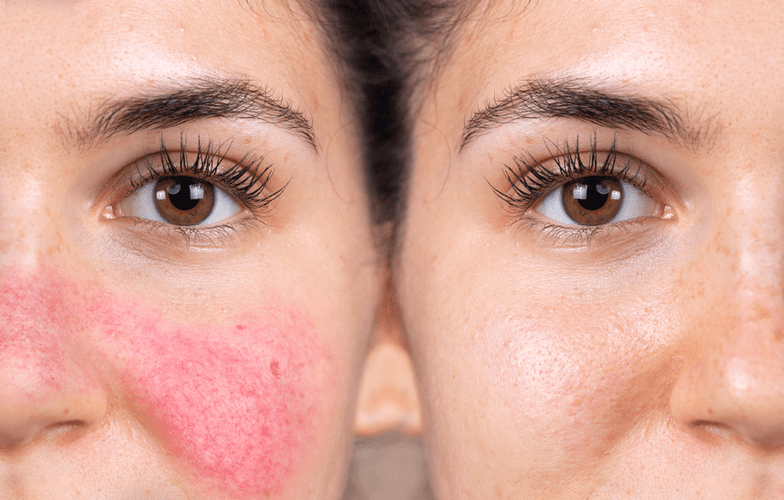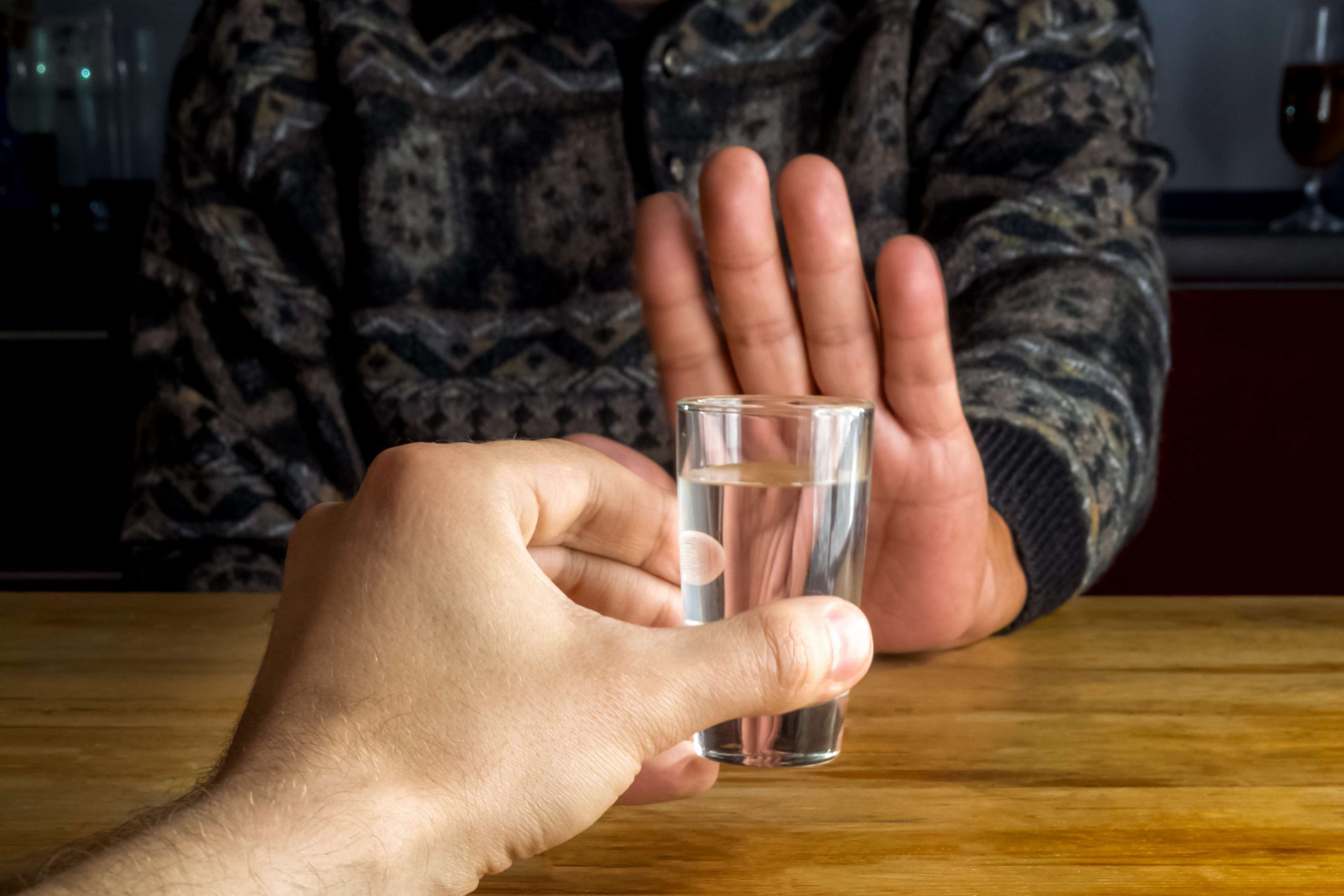For some people, drinking alcohol can trigger a flare-up. Over-the-counter shampoos are a good first treatment option, but you may need a prescription remedy. These two factors typically combine Sober living house when a person drinks alcohol and ensures that dehydration is soon to follow.
Non-Neoplastic Skin Diseases
It brightens skin and fights oxidative stress from alcohol. Collagen is the structural protein that keeps skin firm and youthful. Alcohol increases oxidative stress, leading to premature collagen breakdown. This means sagging skin, fine lines, and deeper wrinkles over time.
Responses to “How Drinking Alcohol Affects Your Skin and Facial Appearance”
Additionally, alcohol affects the balance of electrolytes in the body, such as sodium and potassium. This imbalance further contributes to dehydration as these electrolytes play a vital role in maintaining proper hydration levels. Consume skin-healthy vitamins, and minerals to accelerate healing. With the right lifestyle choices after quitting alcohol, most noticeable skin damage can be reversed within 4–6 months. Excessive drinking also depletes vitamin C and other antioxidants needed to reinforce and heal blood vessel walls.
Red wine
- If you want to monitor how much you’re drinking, you can use Drinkaware’s online “Drinking Check” which will help you understand your relationship with alcohol.
- Studies report a high prevalence of spider veins in alcoholics, reaching 46.7% in one study.
- It may also make you sweat more and exacerbate conditions like bromhidrosis (unpleasant body odor).
Some of the damage caused by alcohol can be reversed, especially if you stop drinking early enough. However, some damage, such as wrinkles and sun damage, may be permanent. Alcohol’s effects on the skin can accelerate the ageing process.
Short term effects are usually temporary and will subside once the alcohol is metabolized by the body. Where as Long term effects can be more difficult to reverse and may require professional treatment. “With age, our skin’s antioxidant defenses decline naturally.
How Alcohol Affects Your Skin: The Effects You Need to Know
Furthermore, alcohol can disrupt the skin’s barrier function. The skin’s outermost layer, known as the stratum corneum, acts as a protective barrier to prevent moisture loss and shield against external irritants. Excessive alcohol consumption can compromise this barrier, allowing irritants to penetrate the skin more easily and trigger inflammation. When it comes to the effects of alcohol on the skin, inflammation and irritation are two significant concerns.
Drinking alcohol is linked to cancer of the mouth, throat, voice box, and esophagus. Research shows alcohol use also may be tied to the most common types of skin cancer. Your body works to repair DNA damage caused by the sun, but alcohol can interfere with that process. Although drinking alcohol can cause a person to fall asleep faster, it may cause them to wake up more often during the night. According to a 2024 article, it may affect around 540 million people worldwide. Having a glass of water between each alcoholic drink may decrease the how alcohol affects your skin risk of dehydration.
Alcohol dehydrates your skin, leading to dryness, dullness, and accentuated fine lines and wrinkles. One reason alcohol affects our skin is because it dehydrates us. As a diuretic, alcohol promotes water loss through urine (hence all those trips to the bathroom).
It’s not just your skin that’s at stake; your overall health is paramount. We mentioned the stratum corneum, the skin barrier’s front line, and how alcohol disrupts it, pushing water out and leaving your skin dry. The stratum corneum is a layer of compressed, dead skin cells reinforced with ceramides (skin cell fats and lipids).


